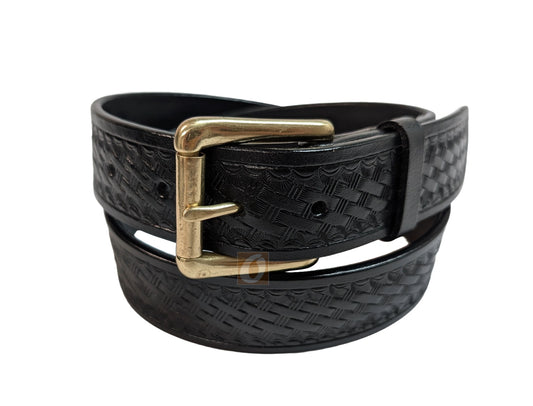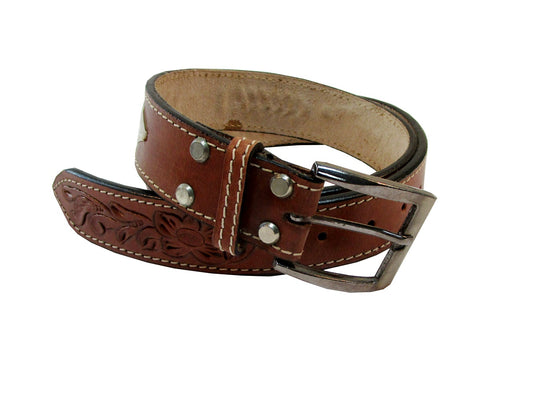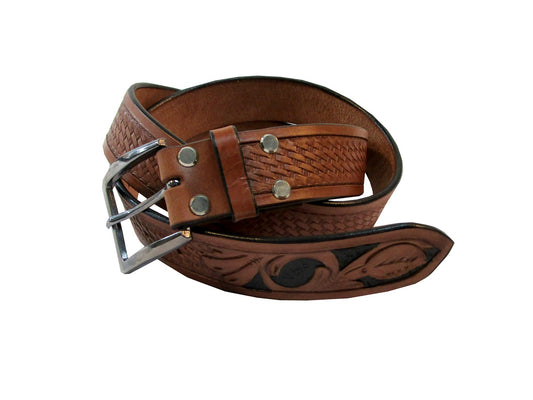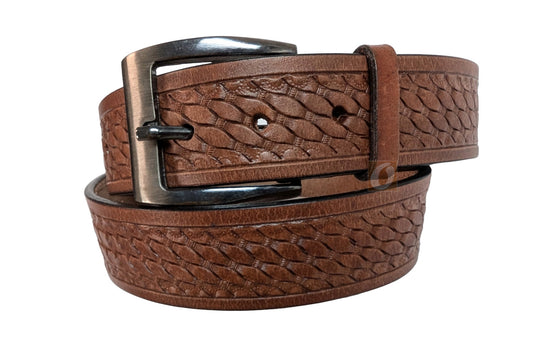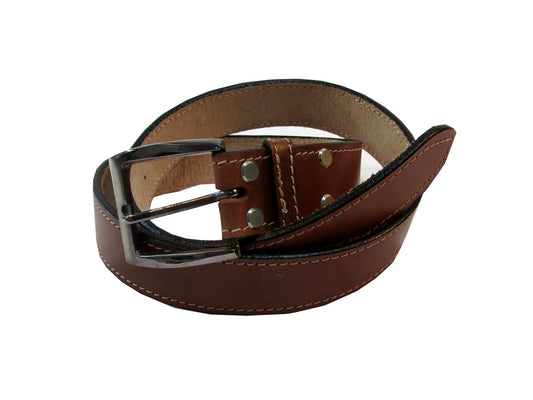Gun Holster Testing: How to Evaluate Comfort and Functionality
Holster Testing: How to Confirm Comfort, Safety, and Real-World Readiness
A holster shouldn’t just fit your firearm — it should support daily movement, proper draw mechanics, and long-term carry comfort. Here’s how professionals evaluate a holster before trusting it — and why our leather holsters are engineered to already meet these standards out of the box.
Step 1: Confirm Carry Purpose First
- Everyday concealed carry: Prioritize comfort, concealment, and quiet draw.
- Range or ranch use: Stability and longevity over deep concealment.
- Vehicle or horseback carry: Crossdraw or angled rigs prevent interference while seated.
Step 2: Test Comfort During Real Movement
Wear the holster while sitting, walking, and bending — not just standing still.
- No pressure points or digging? Critical for all-day use.
- Stays in position? Holster should NOT shift or tilt while moving.
- Leather advantage: Our leather molds naturally to your body with use — not against it.
Step 3: Evaluate Draw & Re-Holster Performance
- Grip acquisition: Can you obtain a full firing grip instantly?
- Clean draw path: No snags, no “drag” from loose materials.
- Safe re-holstering: Holster should NOT collapse — ours hold structure without added bulk.
Step 4: Validate Retention and Firearm Security
- Tip test: Your unloaded firearm should not fall when inverted.
- Adjustable retention preferred: Most of ours include tension control or natural friction lock.
- No audible rattle: A secure holster stays quiet under motion.
Step 5: Check Concealment (If EDC)
- Minimal printing: Flat-backed leather and correct cant angle help hide the grip effectively.
- Compatible with normal clothing: No oversized jackets required — everyday wear should work.
Tested. Trusted. Built to Wear — Not Just Display.
We design our leather holsters to pass every one of these real-world tests — not just look good on a product page. If you want a holster built for responsible carry, not convenience manufacturing — start here:
Leather Holsters | Crossdraw | Glock | 1911
FAQ
What’s the fastest way to test a holster safely at home?
Use an unloaded firearm, confirm retention, practice slow draw and re-holster while seated and standing.
Why do experienced carriers recommend leather?
It molds naturally to your body, runs quieter than Kydex, and improves with use — ideal for long-term EDC comfort.
Do I need a proper gun belt?
Yes. Poor belt support is the #1 cause of “holster problems.” A leather gun belt stabilizes everything.

